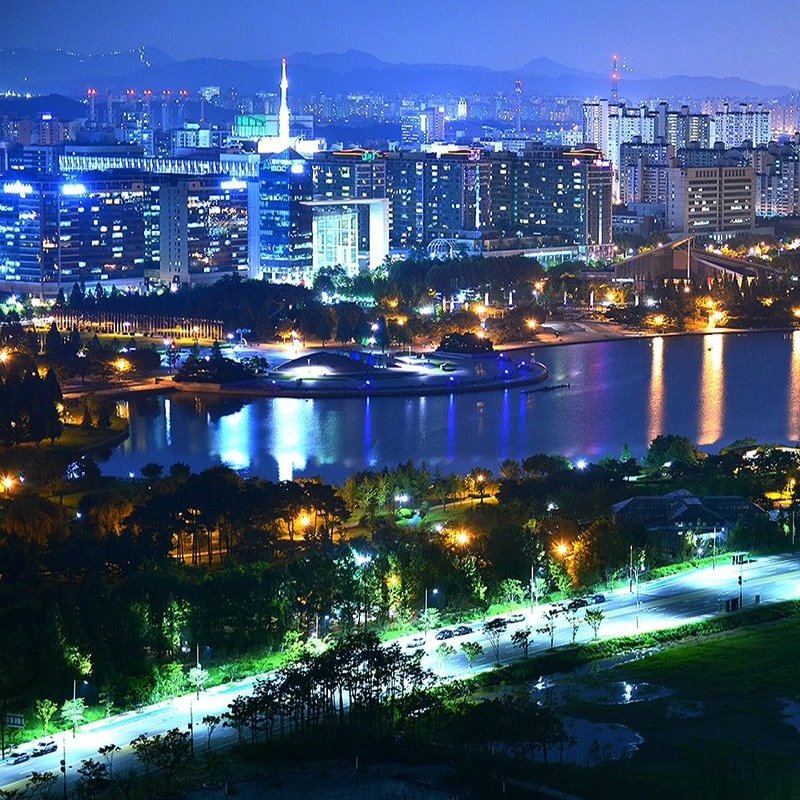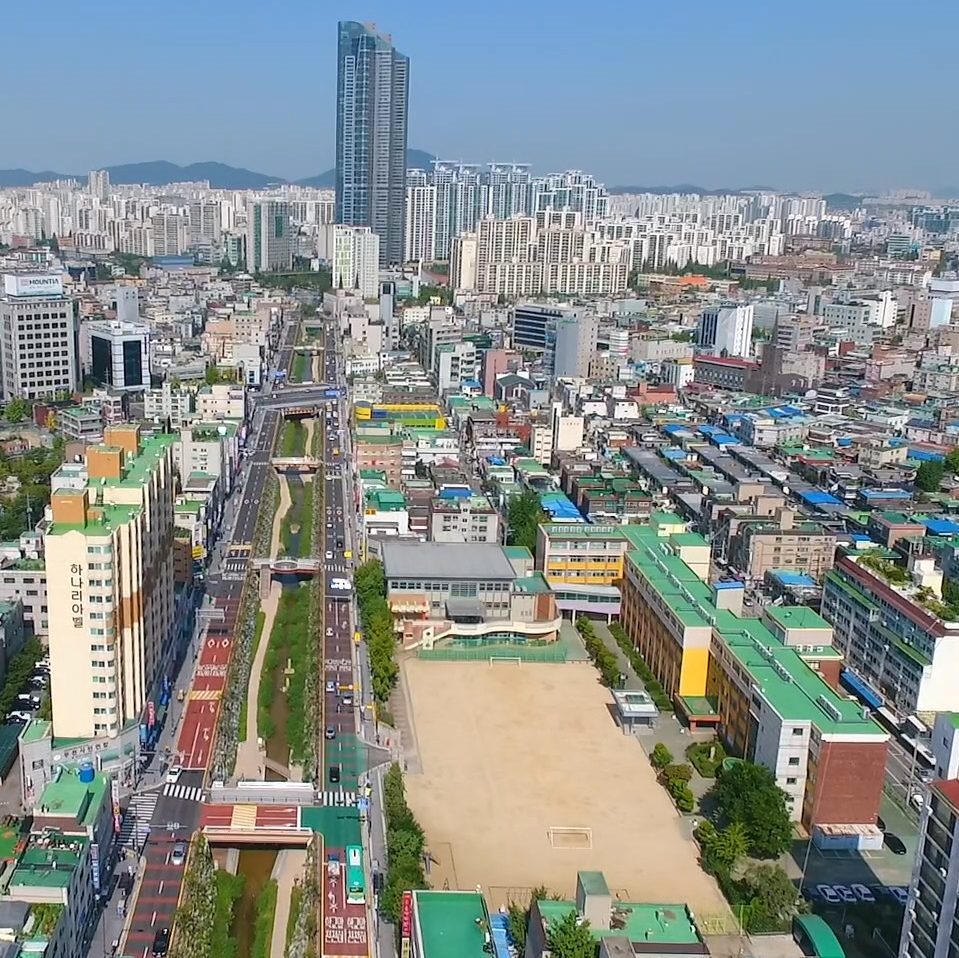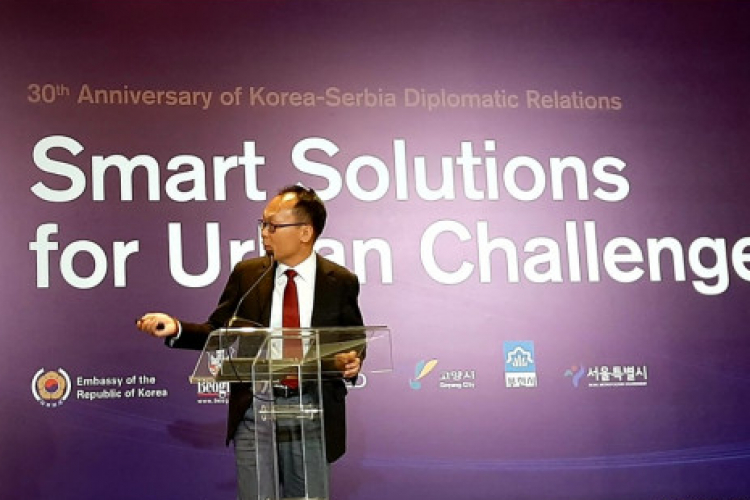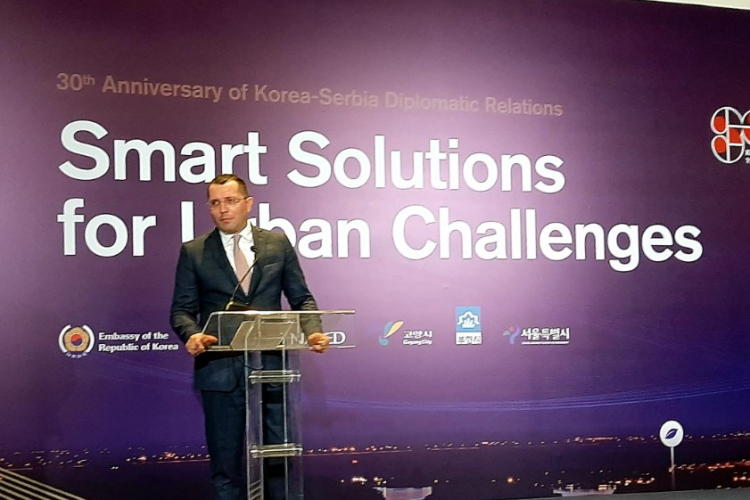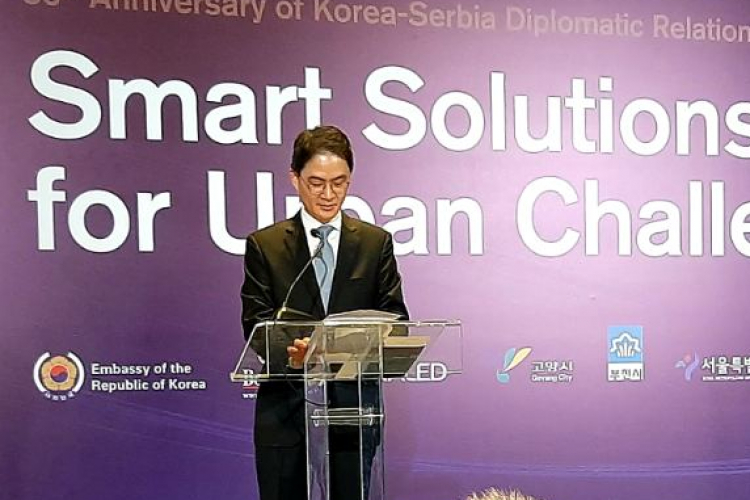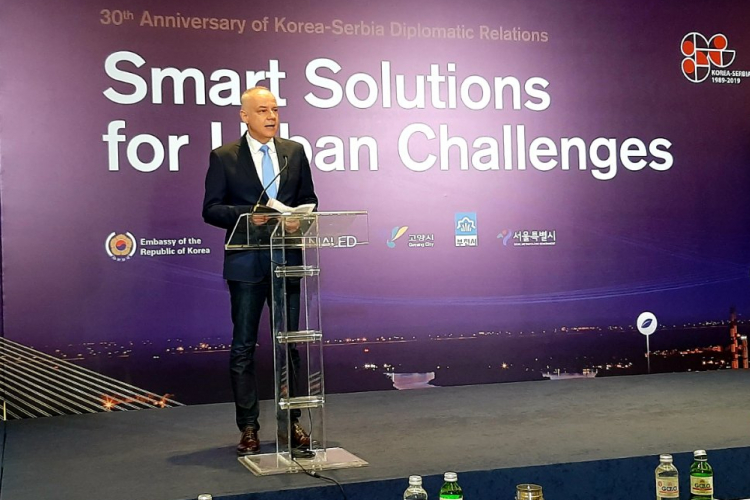Smart solutions for smart cities
On Wednesday, 13 November, NALED and the Embassy of Korea in Serbia have organized the Korea-Serbia expert seminar on the topic of Smart Solutions for Urban Challenges, on the occasion of three decades of diplomatic relations between the two countries.
The seminar served as an opportunity to exchange knowledge and experiences with Korean and Serbian experts and decision-makers from state administration, local governments and the Parliament, on the topic of establishing efficient city services for citizens and businesses in the field of local transport, waste management and use of open data.
The seminar was opened by the Ambassador of Korea to Serbia Hyoungchan Choe, State Secretary in the Ministry of Public Administration Bojan Stević and the Mayor of Belgrade Zoran Radojičić.
- There is much room for cooperation between Korea and Serbia in achieving the goals of comfortable and more networked cities, where citizens can enjoy a good quality of life. The example areas for our cooperation should be the IT-based services such as the smart transport and smart waste management – said the Ambassador of the Republic of Korea Hyoungchan Choe.
The State Secretary in the Ministry of Public Administration Bojan Stević said that the Government of Korea strongly supports the development of IT sector in Srbia, adding that Korea will partner with the Government of Serbia in implementing two smart city projects in our country. “The aim of smart cities is to save time and money for citizens and businesses, and according to global estimates, the smart solutions applied in the world's 75 largest cities in the following five years will save more than 5 billion dollars for businesses, and even 27 billion for citizens“, added Stević.
The Mayor of Belgrade Zoran Radojičić highlighted that the main goal is to make the capital greener, healthier and smarter, adding that the greatest challenges include smooth functioning of the public transport, resolving traffic jams, energy efficiency and waste treatment.
- We are currently implementing a three-year project for transport management that is expected to reduce the time spent in vehicles in Belgrade by 20%. The concept of smart parking is another example of simple technology that can save time spent to search for a parking spot by 20% and reduce the emission of carbon dioxide by 30% - said Radojičić.
Best practices from Korea
The seminar in Belgrade highlighted that smart solutions are necessary in responding to major challenges that will be imposed by the considerable growth of urban population, primarily the air pollution, lack of water, natural disasters, aging of population and traffic jams.
The seminar also presented the best practices from Korean cities Seoul, Goyang and Bucheon in three presentations showing the solutions for the development of smart services. The participants had the opportunity to learn about different strategies and approaches in resolving the problems of urban development, from transport through waste to infrastructure issues, and the manners in which technology can contribute to better organized and more comfortable life in line with the needs of citizens. The concept of open data in regulations and practice has generated numerous solutions based on data collection and their analysis, so as to contribute to a better quality of life.
The development of smart solutions is based on big data analysis. The city services in Seoul, the capital of Korea, process 2.4 million information a day in order to improve the public transport, and even 10 billion data to improve the supply channels to citizens and the functioning of businesses.
Cities around the world are home to five billion people, and by 2050 this number will rise to even nine billion, i.e. 68% of the global population. In order for urban environments to successfully handle such growth, they will need to make their services based on smart solutions, i.e. the IT technologies.
City of Seoul
City of Seoul has based its smart city strategy on collecting urban phenomena data such as fine dust, population flow, wind direction, through more than 50,000 IoT sensors, combining them with administrative data in the field of economy, welfare, traffic, culture, etc. The use of open data enabled the city to develop tailor-made services, with real-time response to the changing circumstances.
Download presentationCity of Goyang
City of Goyang focuses on citizen-centered services, where not suppliers but users participate in resolving urban problems. The city has a network of solar garbage bins using IoT technologies to gather data about the level of waste and ensuring more efficient collection. Goyang also has smart air filters in bus stops, working based on pollution data, and fosters the use of open data among citizens and businesses.
Download presentationCity of Bucheon
Bucheon is recognized by its smart transport solutions, being the first city in Korea to introduce Bus Information System - BIS in 2001. The city also has smart parking systems and uses open data to improve traffic safety and efficiency. Bucheon received the Local Government award at the 26 Intelligent Transport System World Congress and Sustainable Transport Award for encouraging cycling and walking.
Download presentation


